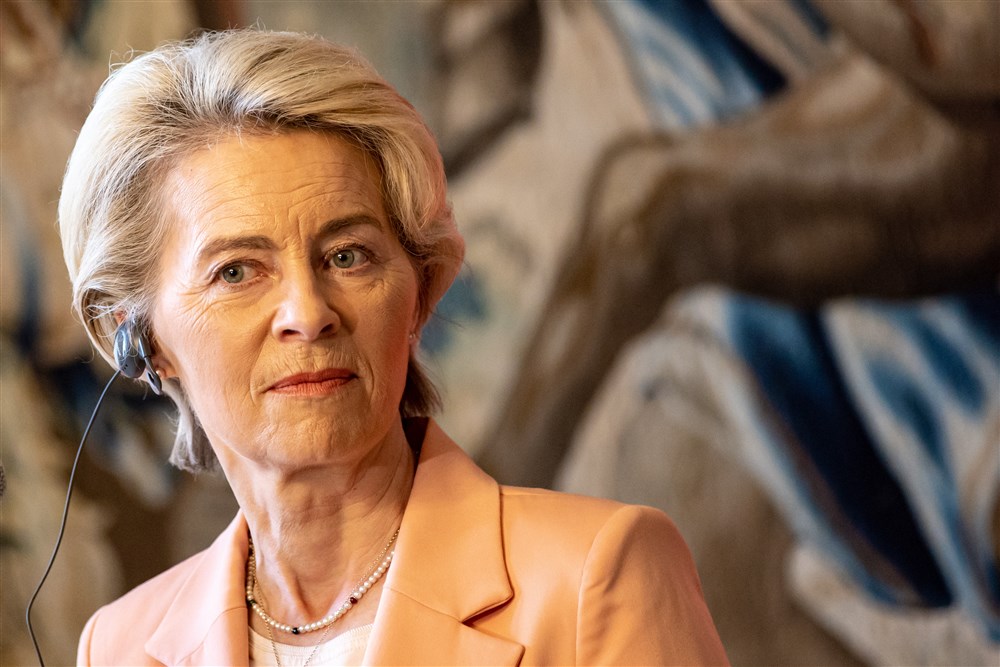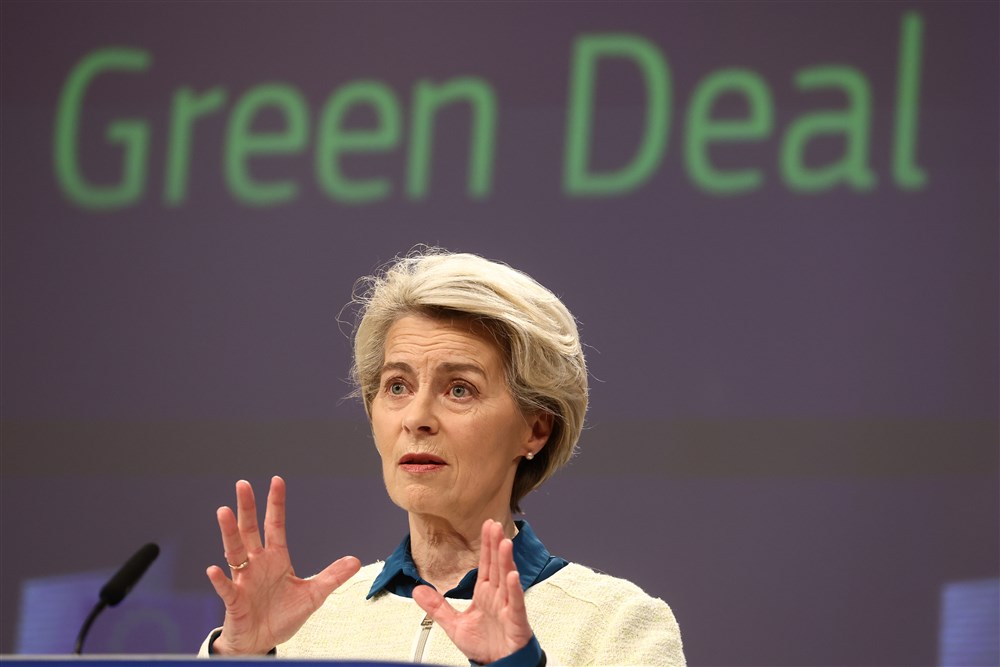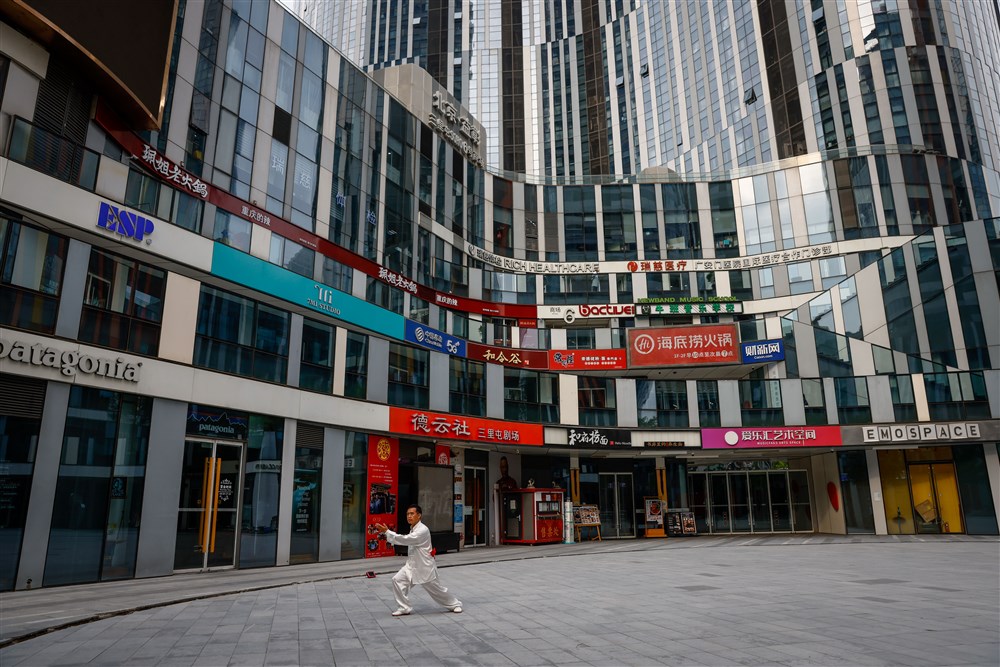European Commission President Ursula von der Leyen hinted at rewriting the EU’s market access agreement with China on March 30 in the latest sign of a shift towards protectionism amid heightened tension over the Ukraine war.
Trade and investment can pose “risks to our economic or national security”, said von der Leyen. Economic relations between the two blocs needed “de-risking”.
“We have to ensure that our trade and investment relations promote prosperity in China and in the EU. The Comprehensive Agreement on Investment (CAI) – for which negotiations concluded in 2020 – aimed at such rebalancing,” she told the Mercator Institute for China Studies ahead of a visit to China with French President Emmanuel Macron.
Europe needs to recognise “that the world and China have changed in the last three years – and we need to reassess [the] CAI in light of our wider China strategy,” she said. China was engaged in an “explicit” policy of “fusion of its military and commercial sectors”.
China’s flirting with Russia and its Ukraine war policy would impact trade relations with the EU, von der Leyen said. She seemed to throw cold water on China’s attempt to broker peace, saying that no annexations in Ukraine would be tolerated.
“Any peace plan which would in effect consolidate Russian annexations is simply not a viable plan,” said the Commission President. “We have to be frank on this point. How China continues to interact with Putin’s war will be a determining factor for EU-China relations going forward.”
The critical speech also touched on China’s “show of military force in the South China Sea and East China Sea, and at the border with India” as well as the “grave human rights violations occurring in Xinjiang”. The Commission President condemned Chinese “disinformation” campaigns and “sanctions” levelled at Euro MPs.
These were “escalatory actions” that showed China was “becoming more repressive at home and more assertive abroad”. For China, ” the imperative for security and control now trumps the logic of free markets and open trade”.
Von der Leyen repeated her mantra that the EU wanted to “de-risk” and not “de-couple”. Bilateral trade relations remained significant, she said: China accounts for 9% of EU goods exports and 20% of imports.
In some areas, such as rare earths, the EU is almost totally dependent on China. The EU sources 93% of its magnesium in China and 97% of its Lithium. Demand for these materials is expected to skyrocket; demand for lithium alone is forecast to increase by 17 times by 2050 for batteries to power electric vehicles. The EU is working to diversify its sources of supply, von der Leyen said.
There has been speculation that China has pivoted away from its so-called “wolf warrior”, or aggressive, diplomacy. EU states with high levels of trade with China, such as Germany, have seemed to be in two minds about how to react.
The EU has traditionally welcomed Chinese investment though rhetoric – more than actual policy – has turned somewhat Sino-phobic in institutions such as the European Parliament.
Those involved in international trade say that de-coupling integrated economies such as those of Europe and China would take many years.





Is Macron just being a Gaullist?